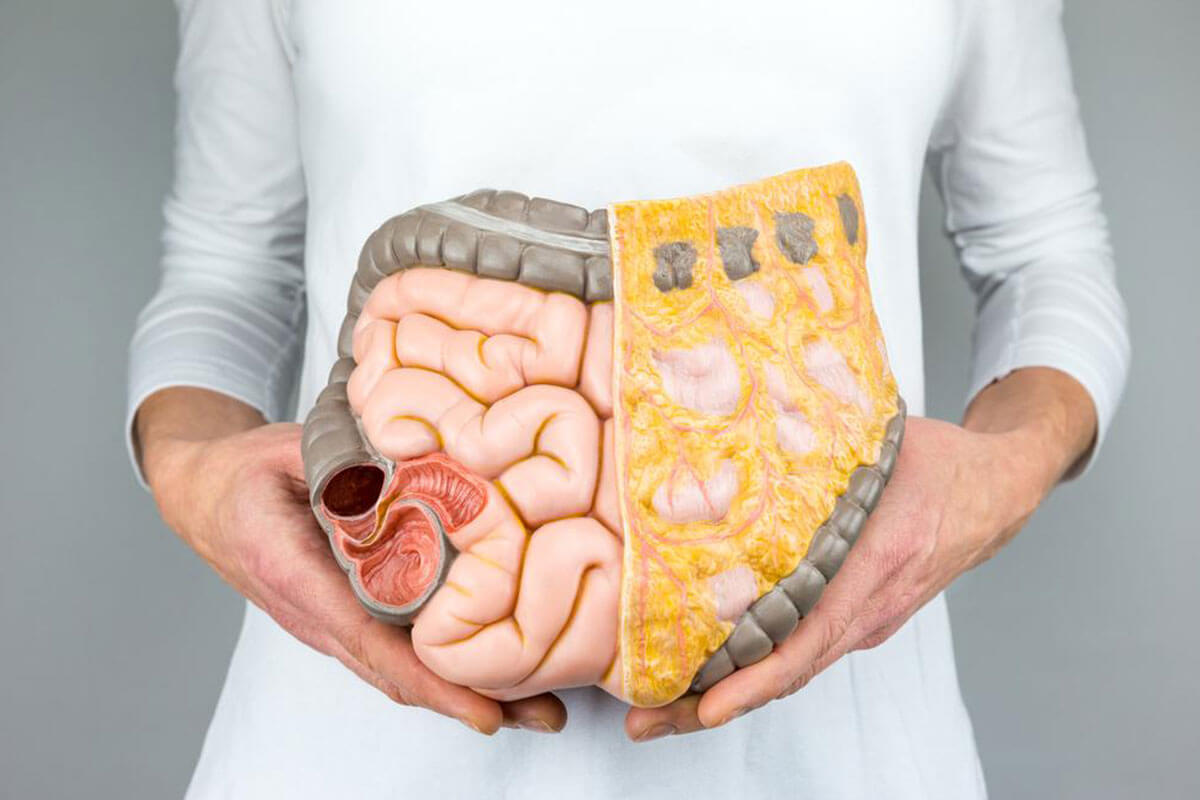Proven Techniques to Quickly Halt Hiccups and Prevent Discomfort
This comprehensive guide explores effective techniques to stop hiccups quickly, including breathing exercises, pressure point stimulation, and dietary remedies. It emphasizes the importance of timely intervention and suggests when to seek medical help for persistent hiccups. By applying these proven strategies, you can efficiently manage hiccups, prevent discomfort, and enhance your well-being during unexpected episodes.

Proven Techniques to Quickly Halt Hiccups and Prevent Discomfort
Hiccups are sudden, involuntary contractions of the diaphragm muscle—the muscle separating the chest from the abdomen—which can lead to repetitive spasms causing that distinctive "hic" sound. While often considered a minor nuisance, hiccups can be both irritating and embarrassing, especially when they occur unexpectedly during important meetings, social gatherings, or while trying to sleep. Understanding effective strategies to resolve hiccups promptly not only alleviates immediate discomfort but also helps prevent prolonged episodes that can be disruptive.
Typically, hiccups resolve on their own within a few minutes; however, occasional or persistent hiccups lasting longer than 48 hours may signal underlying health issues such as neurological conditions, gastrointestinal problems, or metabolic disturbances. In such cases, seeking medical attention is essential. This comprehensive guide provides a detailed overview of various proven methods to stop hiccups swiftly, enhancing your comfort and confidence in managing this common problem.
Here are detailed, practical techniques and remedies to quickly stop hiccups and reduce their occurrence:
Breathing Control and Posture Techniques
Deep, slow breathing exercises - Sit or stand in a comfortable position and take slow, controlled breaths. Inhale deeply through your nose, allowing your diaphragm to expand fully, and then exhale slowly through your mouth. Repeat this process several times, aiming for a count of five for each phase, to relax your diaphragm and reset its rhythmic contractions.
Holding your breath - Take a deep breath and hold it for 10 to 20 seconds. This increases carbon dioxide levels in your blood, which may help suppress the spasms causing hiccups. After holding your breath, exhale gradually and repeat a few times if necessary.
Knee hug technique - Sit down and bring your knees to your chest, wrapping your arms around your legs. Hold this position for a few minutes. This posture increases pressure on the abdomen and helps relax the diaphragm, often stopping hiccups almost immediately.
Forward chest compression - Lean forward slightly and gently press your hands on your upper abdomen or chest, applying light pressure. This gentle compression can help calm the diaphragm's spasms by providing extra support and promoting relaxation.
Pressure Point Stimulation and Reflex Techniques
Palmar acupressure - Gently press the palm of one hand with the thumb of the opposite hand. Applying steady pressure for 30 seconds can stimulate nerves that influence the hiccup reflex arc.
Triggering the gag reflex - Carefully pulling on your tongue or stimulating the back of your throat can activate nerves linked to the diaphragm, often interrupting hiccup episodes.
Applying pressure to the diaphragm area - Use your fingers to softly press on the spot located between your lungs and abdomen, just below the sternum, for a brief period. This gentle pressure can help halt hiccup spasms by calming the diaphragm muscles.
Dietary and Home Remedies
Sipping Cold Water - Slowly drinking ice-cold water helps stimulate the vagus nerve and soothe the diaphragm muscles, often terminating hiccups quickly.
Consuming Sugar or Sugar Cubes - Place a small spoonful of sugar on your tongue and let it dissolve slowly. The grainy texture may trigger a nerve response that interrupts the hiccup cycle.
Lemon Slices - Sucking on a lemon wedge can activate taste receptors and nerve pathways linked to hiccup reflexes, helping to stop persistent hiccups. Be sure to rinse your mouth afterward to prevent tooth erosion from citric acid.
Honey or Peanut Butter - A teaspoon of honey or peanut butter dissolved in your mouth can stimulate swallowing and reflex actions, potentially breaking the hiccup cycle.
It is important to note that while these methods are effective for temporary relief, persistent hiccups—those that last over 48 hours—may indicate more serious health conditions such as acid reflux, neurological disorders, or metabolic issues. If hiccups continue beyond this period or recur frequently, it is essential to consult a healthcare provider for proper diagnosis and treatment.
In conclusion, understanding and applying these various techniques can help you manage hiccups efficiently, minimizing discomfort and preventing potential complications. From breathing exercises to dietary remedies, the right approach depends on your preference and the severity of your episode. Remember, persistent or severe hiccups require medical evaluation to rule out underlying health issues and ensure proper care.





